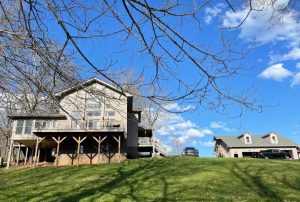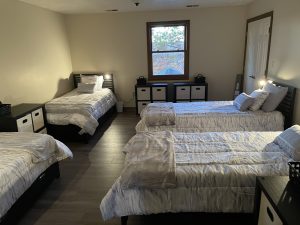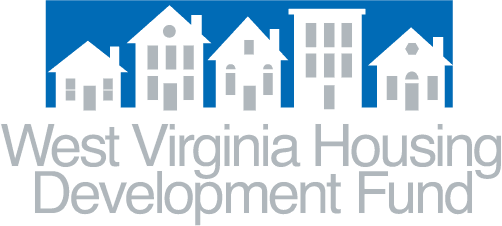Jay Phillips saw a need and knew he had to do something to address it.
The former financial management analyst for the Internal Revenue Service began volunteering a couple of years ago with Fruits of Labor, a culinary and agricultural training center for people in recovery based in Rainelle. While working with the group, Phillips saw first-hand how the opioid crisis has affected Southern West Virginia.

“The more I was around the recovery mission, the more it became my mission,” he said.
That led Phillips to start Seed Sower, Inc., which is the only state-certified residential treatment facility for women in active recovery. The women in the Seed Sower program have access to treatment studies like 12 Step, and Seed Sower refers women to additional programs through the Department of Health and Human Resources as well as physical and mental health partner providers. It comes full circle as Seed Sower also partners with Fruits of Labor to provide vocational training to women in the program.
Seed Sower is able to advance its mission thanks in part to a grant from the West Virginia Housing Development Fund’s Affordable Housing Fund. Seed Sower applied for and received $150,000 in Permanent Gap Rental funding through AHF in 2021 to help purchase property in Dawson and renovate existing buildings. The Fund also contributed $10,000 to help cover the cost of curriculum for staff and residents and another $20,000 to assist with the architectural and engineering plans for the property renovations.
“We got started but the Affordable Housing Fund really finished it off, both from a facilities standpoint and a programming standpoint,” Phillips said. “We were greatly enhanced by the grant through AHF.”
The West Virginia Legislature created the Affordable Housing Fund in 2001 to provide both technical and housing assistance to nonprofits and government entities. AHF is funded through a $20 transfer fee from residential real estate transfers and the sale of manufactured homes. The West Virginia Housing Development Fund began administering the program in 2018.

“The Affordable Housing Fund Program awarded more than $1.9 million in 2021, yielding 57 awards to 36 different organizations,” said Darlene King, who oversees AHF for the West Virginia Housing Development Fund. “Of the 36 organizations, 13 were new to the program, including Seed Sower, Inc. We’re always pleased to award funds to eligible organizations that are doing extraordinary work throughout West Virginia.”
Seed Sower has applied for more grant funding in 2022 to expand its operations. Phillips says he hopes to add four more beds to serve as intake or respite beds for women just entering the program. Funding of $150,000 will help renovate a building in Montgomery to offer residential recovery for pregnant women and mothers of infants and toddlers so that they might maintain custody of their children. That facility will provide beds for up to 11 women and 7 children ages 2 and under.
Understandably, it takes a lot of money for an operation like Seed Sower to meet its mission.
“As a nonprofit organization, I don’t have a big revenue stream to fund these things,” Phillips said. “Quite literally, the difference is I would have beds for four women with the money I had, or I would have 15 beds with money from the Affordable Housing Fund. It increases the scale and scope of what we do to the point that it literally changes lives. I may have been able to find that funding somewhere else, maybe. But the fact that the money is there for recovery houses is tremendous.”
In addition to these projects, Phillips hopes to open a new non-residential facility in Beckley that will offer by-appointment services to anyone in recovery. People will be able to stop in for treatment as well as social activities. Phillips described it as a “community center for people in recovery” and that really gets at the heart of what Seed Sower is trying to accomplish.
“What we have managed to do with our partnership with AHF is an example of community,” he said. “Recovery programs like ours exist to promote community. This is another example of that community work in action where organizations work together to provide a space for recovery work to happen.”

